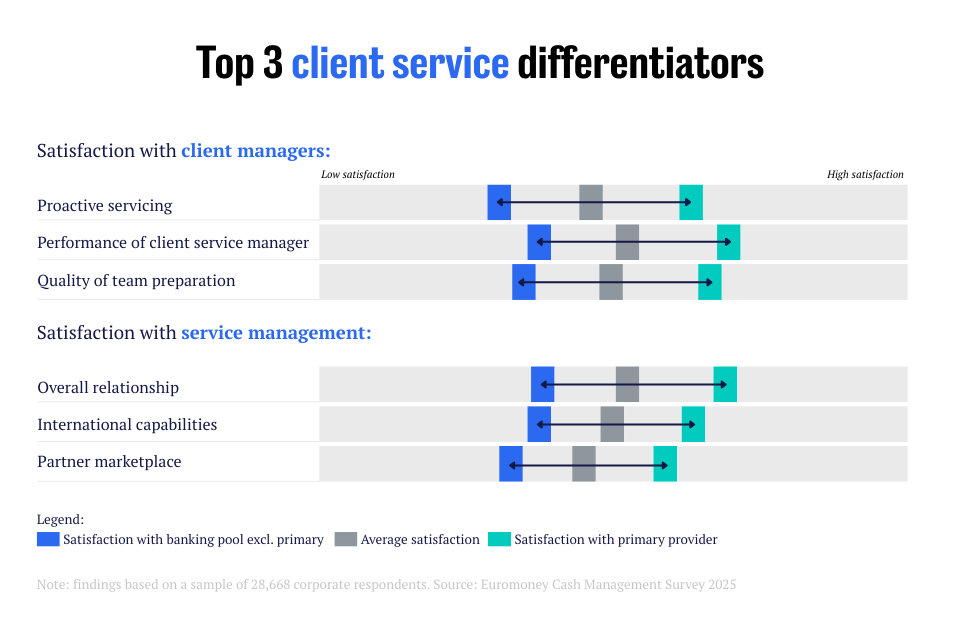Related reading
First it was the end of Libor, back in 2021 and again in 2023. Now, in 2024, many markets have a new and potentially even more disruptive challenge to negotiate. On May 28, the US, Canada and Mexico will move from a two-day settlement period for securities transactions to just one day after trade date, what the industry calls T+1.
The change was formalised by the adoption of a rule by the US Securities and Exchanges Commission back in February 2023, a move that started the clock on one of the most far-reaching changes to have been attempted in global markets.
Access intelligence that drives action
To unlock this research, enter your email to log in or enquire about access




